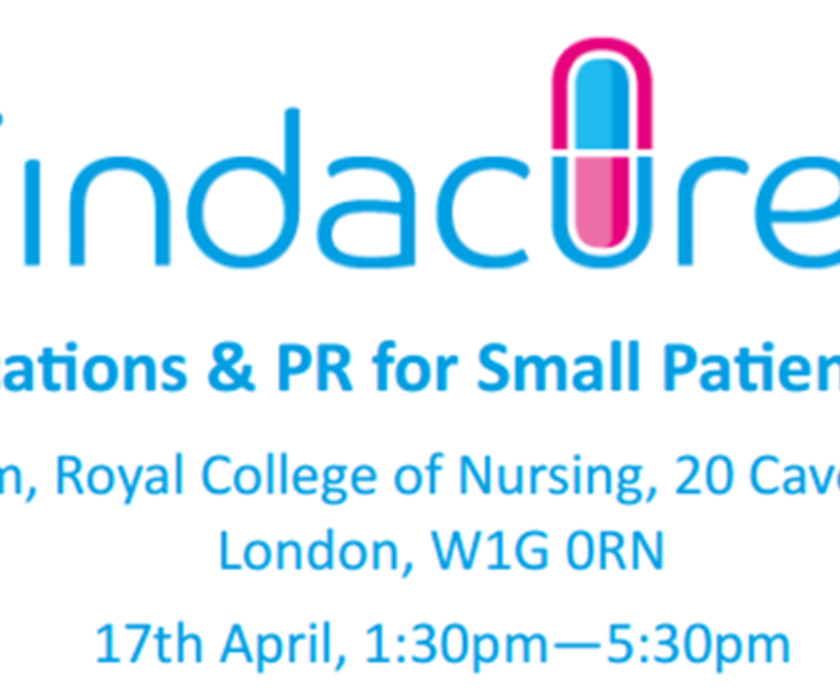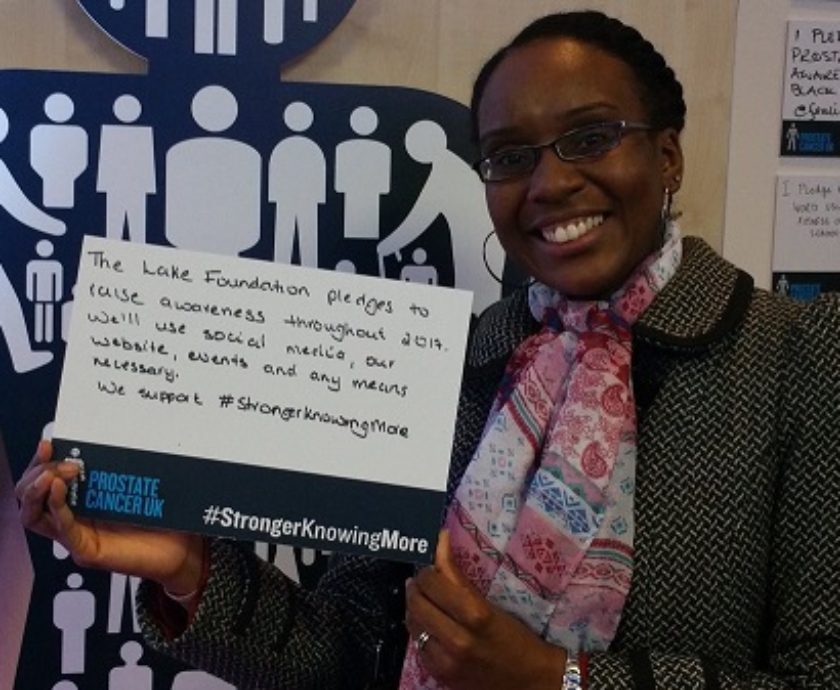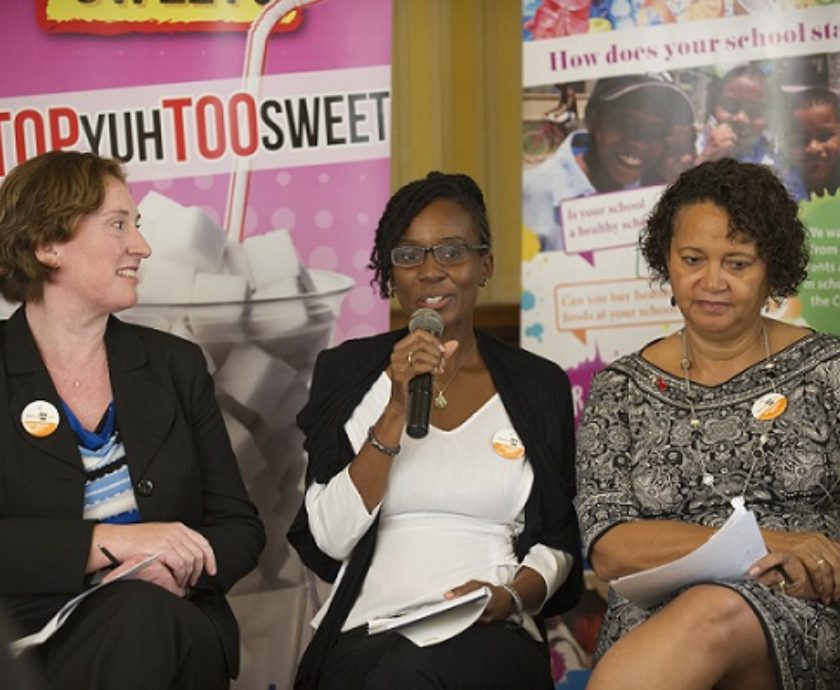Today, Cancer Research UK and Public Health England announced that a recent analysis of cancer data revealed that black women are twice as likely to be diagnosed with late stage breast cancer as their white counterparts. They found that 25% of black African breast cancer patients and 22% of black Caribbean patients had late stage disease compared to 13% of white patients.
The fact that black women are more likely to be diagnosed at a late stage has been known for some time and has also been observed in not just the UK but in the USA too. The Lake Foundation has conducted work in this area to explore the possible reasons behind this. In 2011, we carried out some qualitative research to explore black women’s beliefs about breast cancer and their help-seeking behaviour to determine whether these two factors may lead to delays in diagnosis. Overall our study suggested that, when it comes to seeking help, black women are quite proactive and there would be no delay in visiting their GP (doctor) if they noticed a breast lump; delays in visiting a GP could occur if black women experience other symptoms as they were less aware of these.
We also found that the following factors could delay help seeking in black women: other priorities such as family or work commitments; language barriers; lack of access to information; age (older people are more likely to delay visiting their GP); difficulty getting appointments; cultural insensitivy of the healthcare system, inaction by GPs; and a lengthy referral process. You can read more about this work on our research page (scroll to the bottom of the page).
National data suggests that black women are less likely to take part in the NHS Breast Screening Programme and this could be another reason for the late stage diagnosis. In 2011, our founder Abi Begho worked with Betterdays Cancer Care, the NHS and Cancer Black Care to determine why black women are less likely to attend breast screening and whether patient navigation could be an effective way of improving screening uptake in black women in Peckham and Lewisham. We found that, at the time, black women living in Lewisham and Peckham who were of screening (over the age of 50) were very mobile with many women being unreachable, on an extended trip abroad; having moved from their GP registered address or had relocated and lived abroad, hence they missed their breast screening appointments. We found that patient navigation was effective at reaching women as numerous and extensive attempts were made to contact women and then support them to attend their screening appointments. You can read more about this work here
Finally, scientific research has also suggested that black women are more likely to develop a more aggressive form of breast cancer which grows rapidly, so this could explain some of the late stage cases. Studies also suggest that black women are more likely to develop breast cancer at a younger age.
This recent analysis by Cancer Research UK has reminded the nation that there is an issue around black women and breast cancer that needs to be addressed. We need to ensure that black women are aware of all the signs and symptoms of breast cancer and that they seek help quickly if they notice any of the symptoms. We also need to understand the biology of the disease and the best ways of detecting and treating the more aggressive forms of breast cancer.
So, the message to black women is:
- Be aware of all the signs and symptoms of breast cancer
- If you’re worried about any symptoms that you have, please visit your doctor as soon as possible
- Eat a healthy diet, keep active and maintain a healthy weight to reduce your risk of developing breast cancer
- If you’re aged 50 or over, consider accepting your invitation from the NHS to take part in breast screening
- Know your family history. If you have a strong family history of breast cancer you may be at an increased risk so visit your GP for some advice and information












